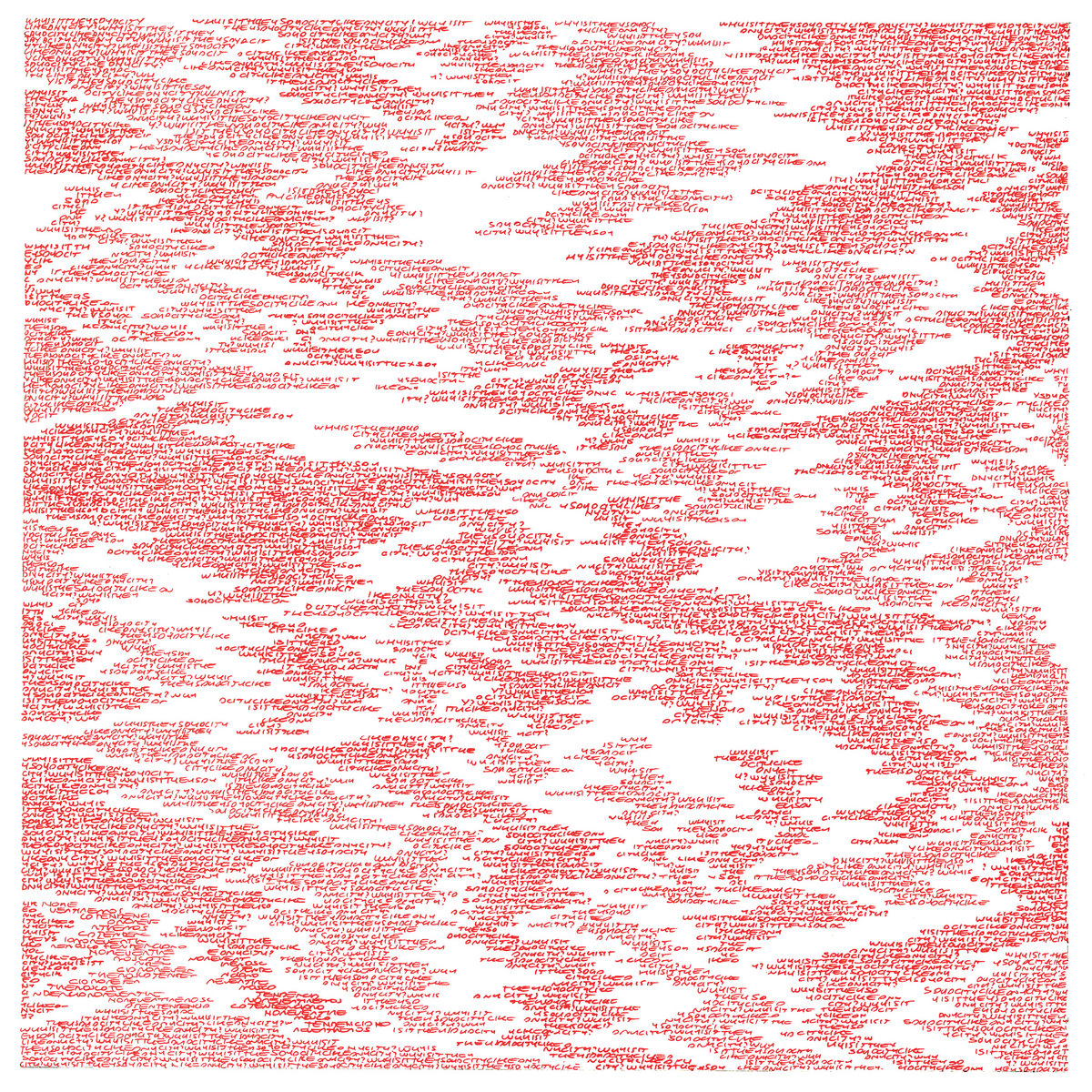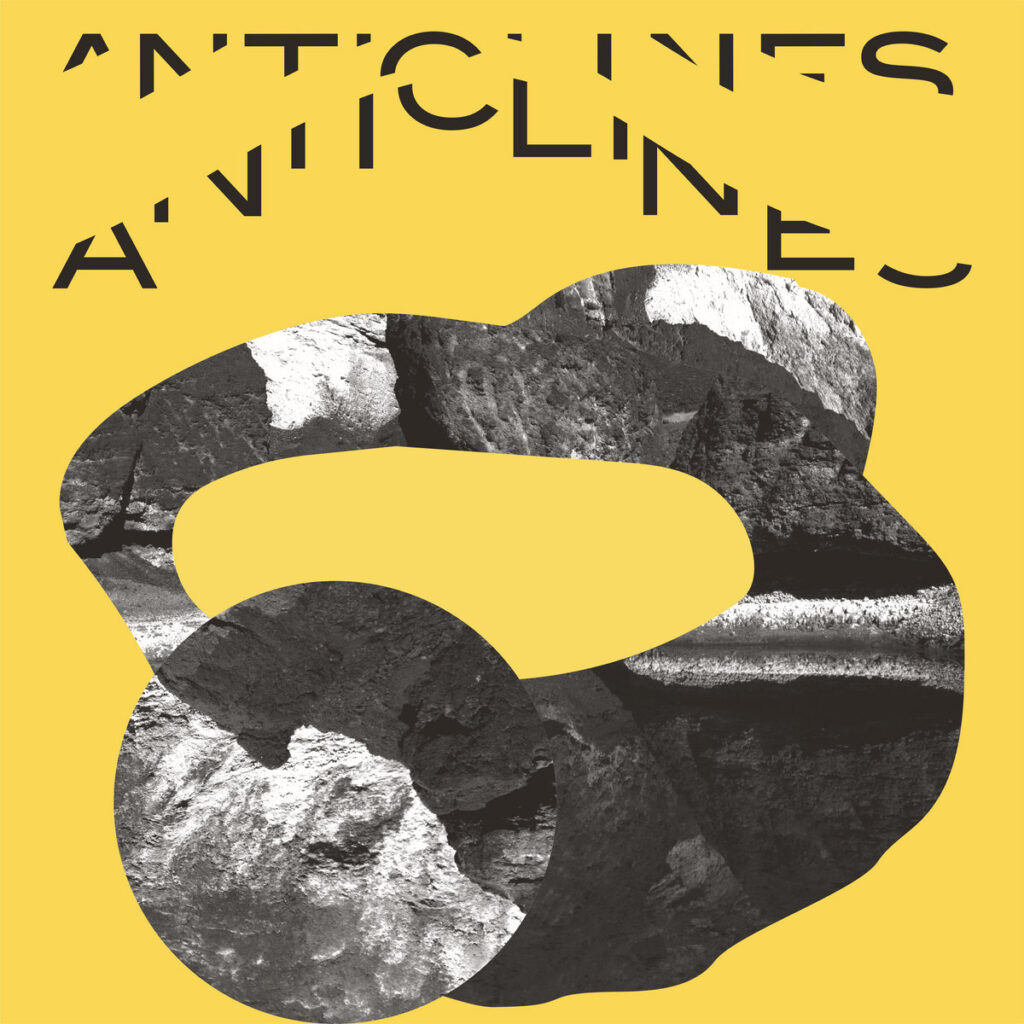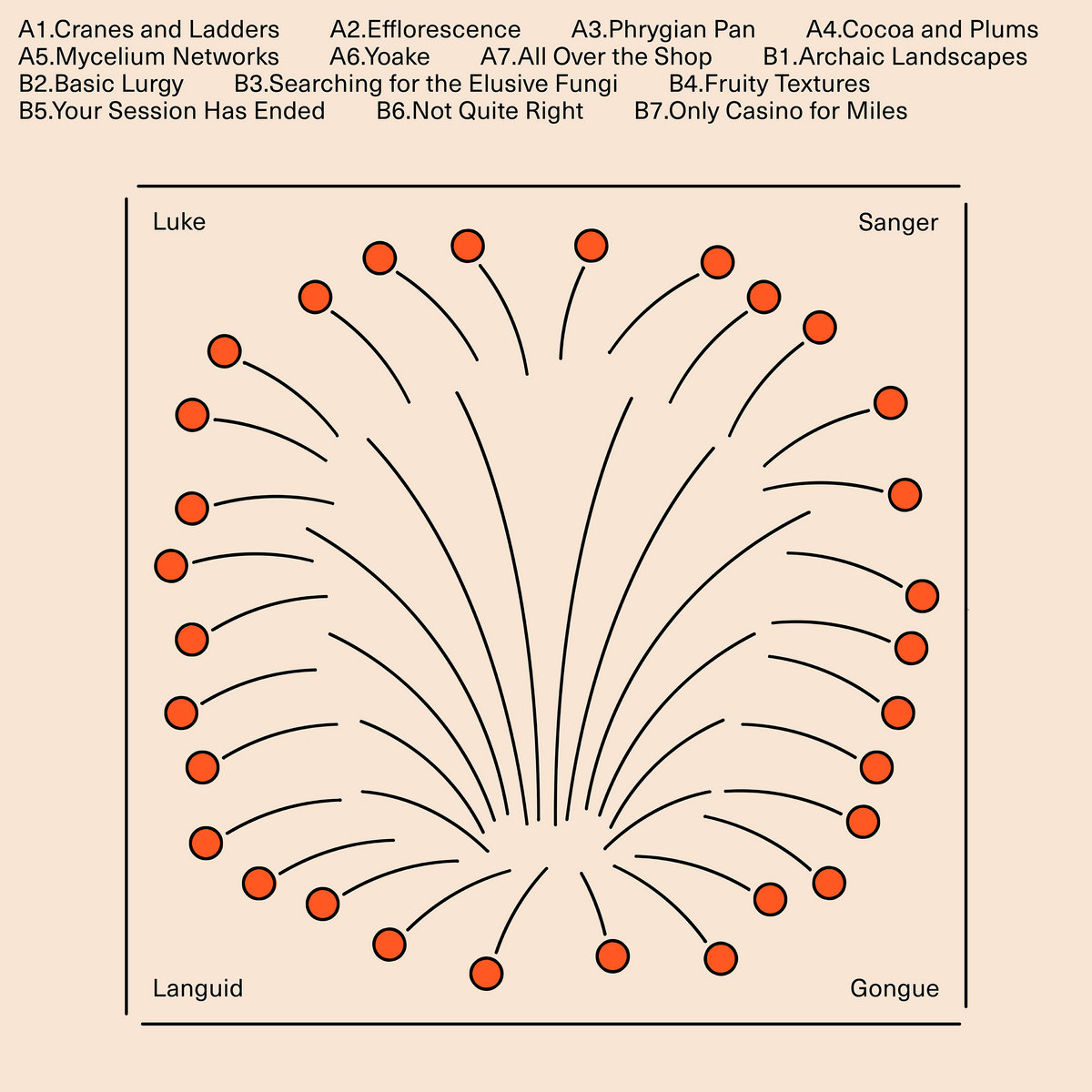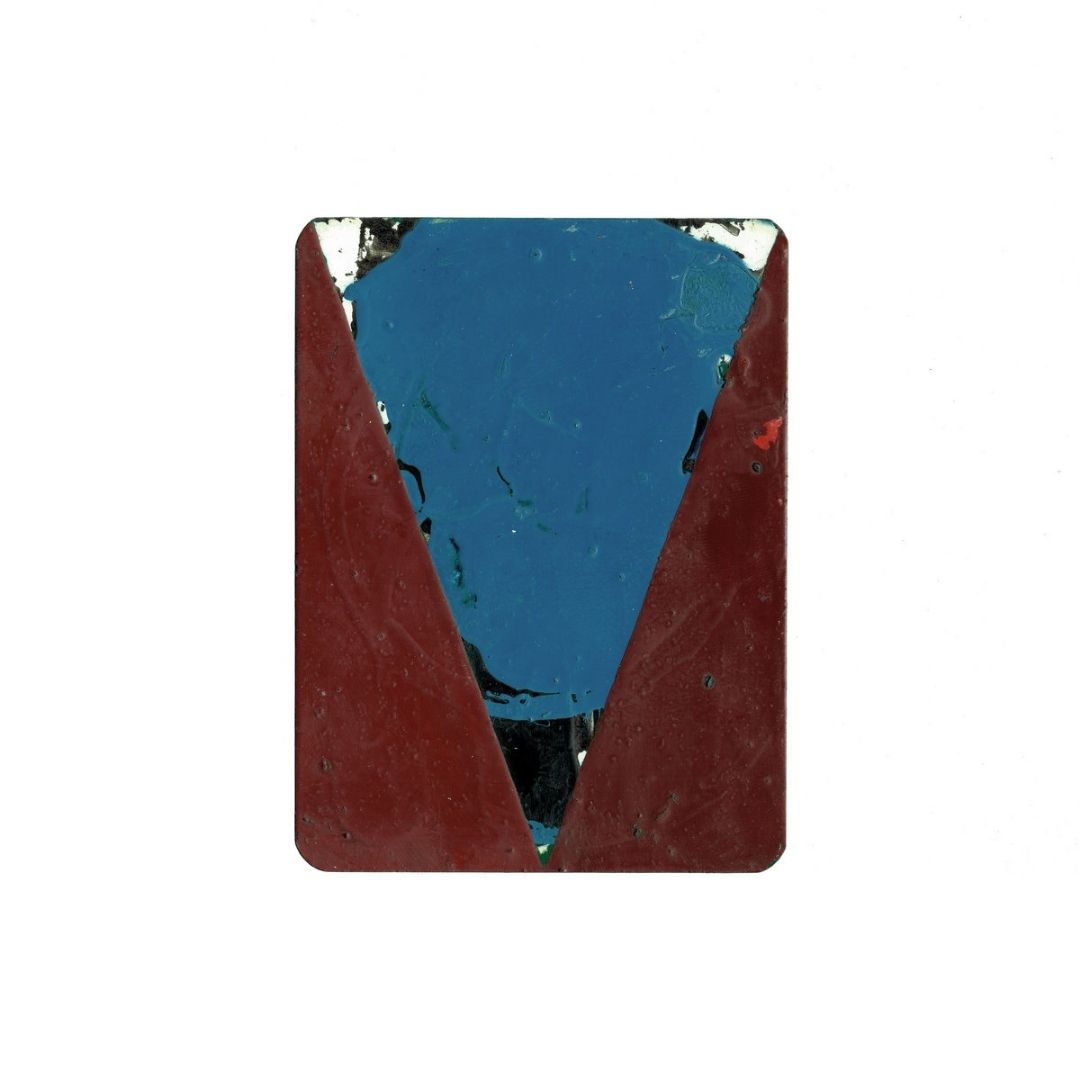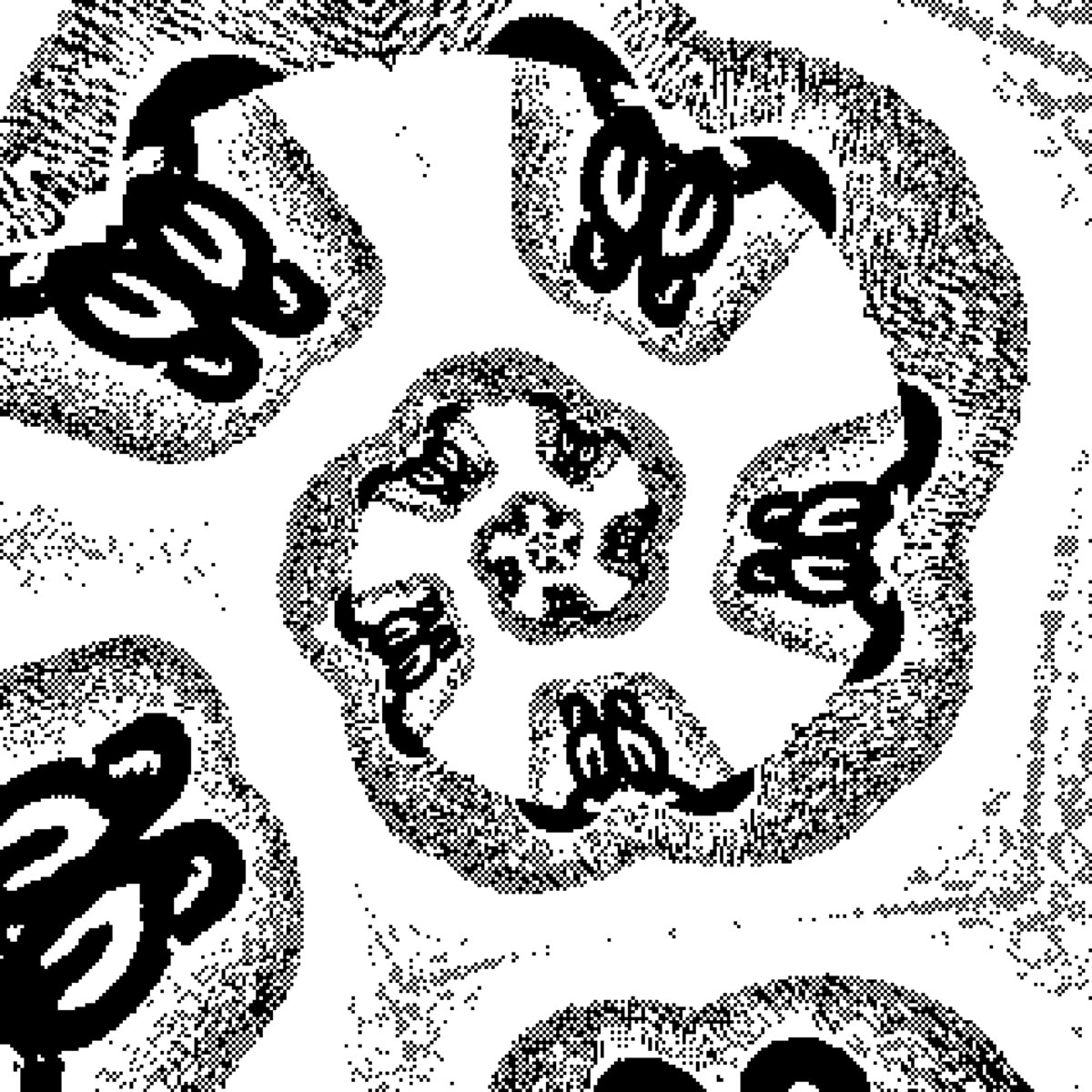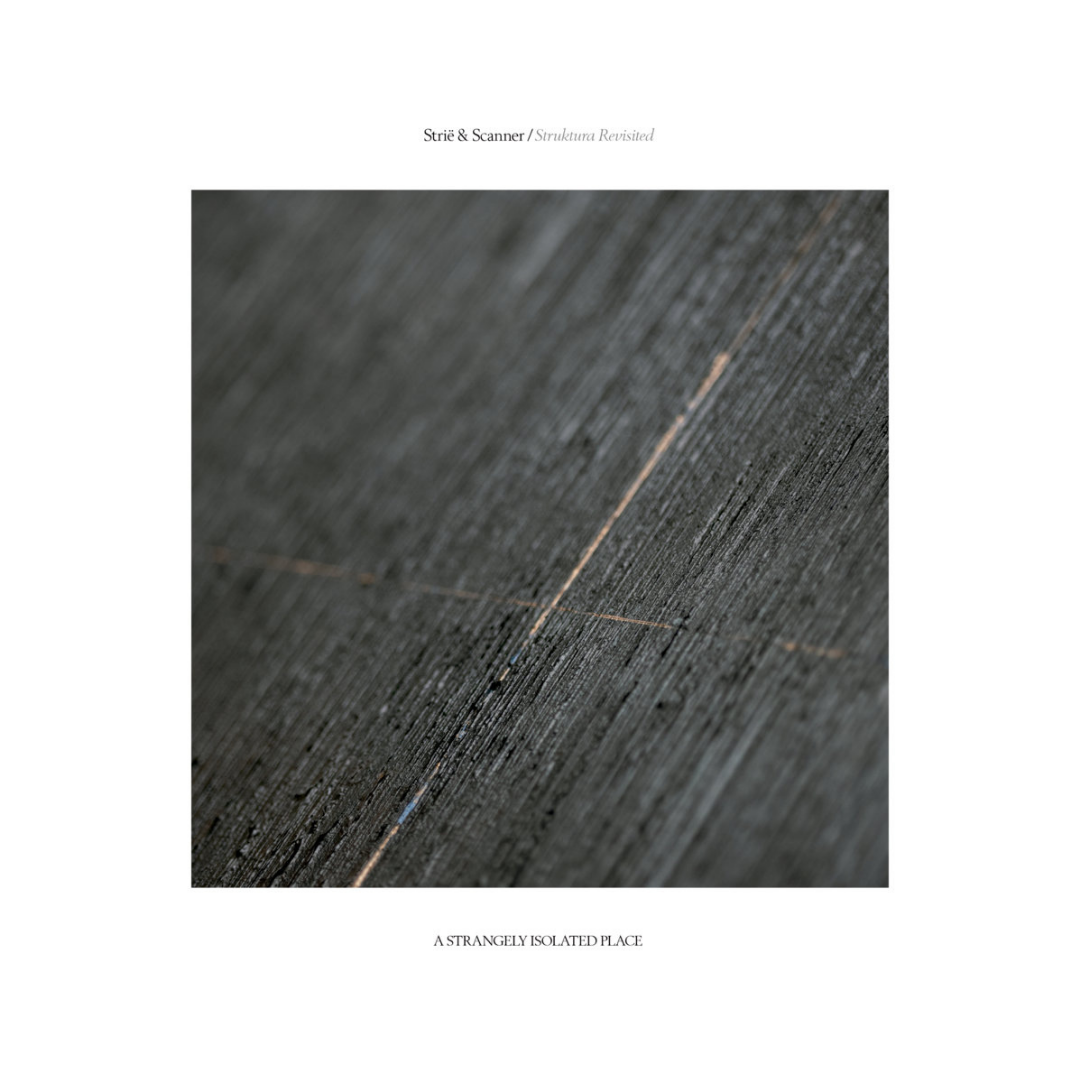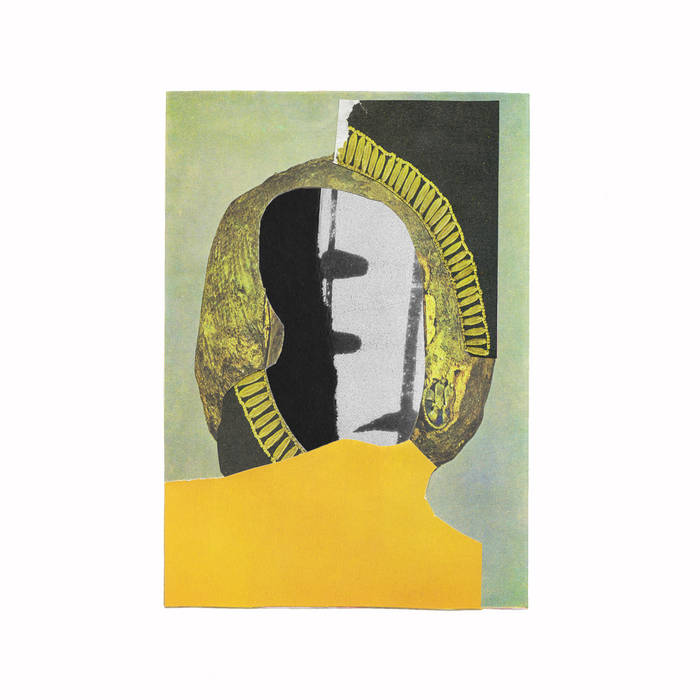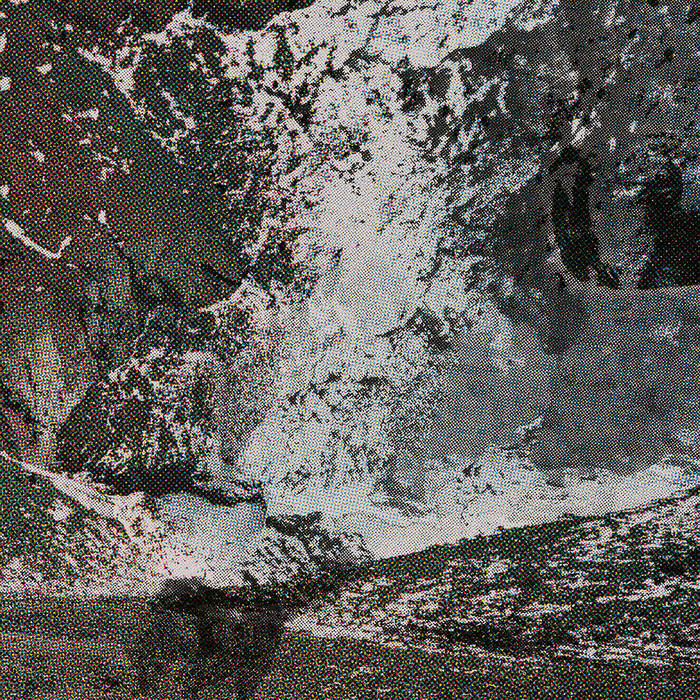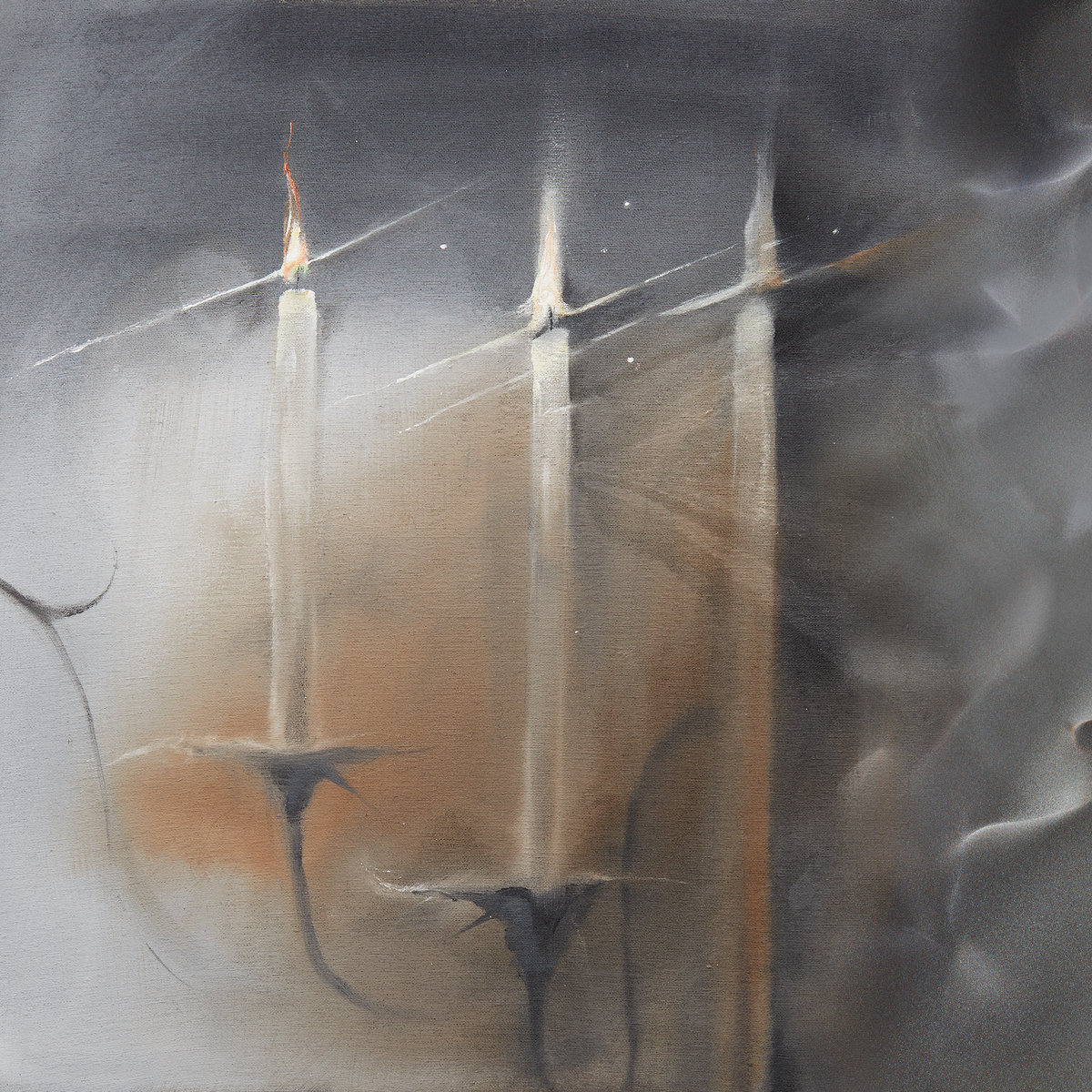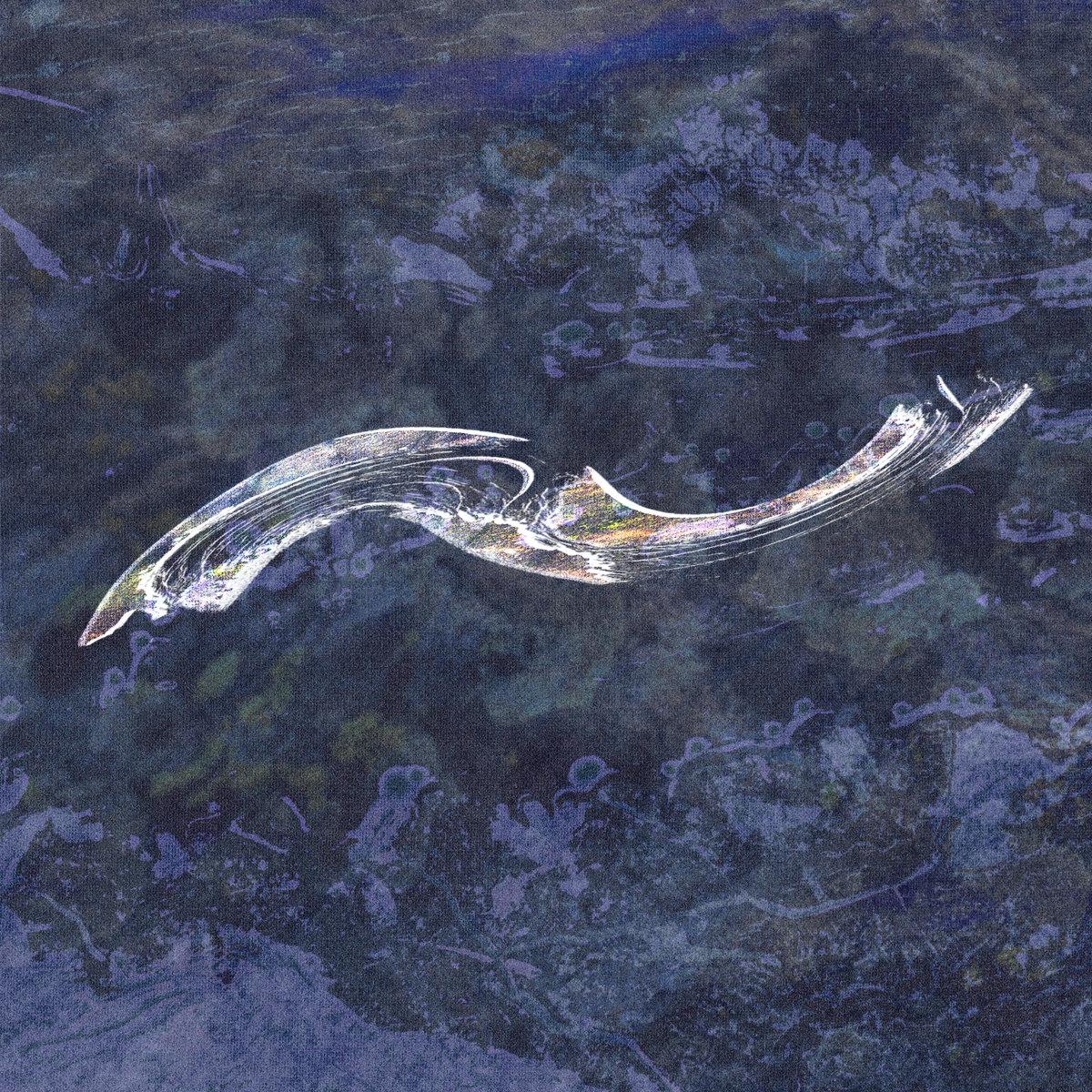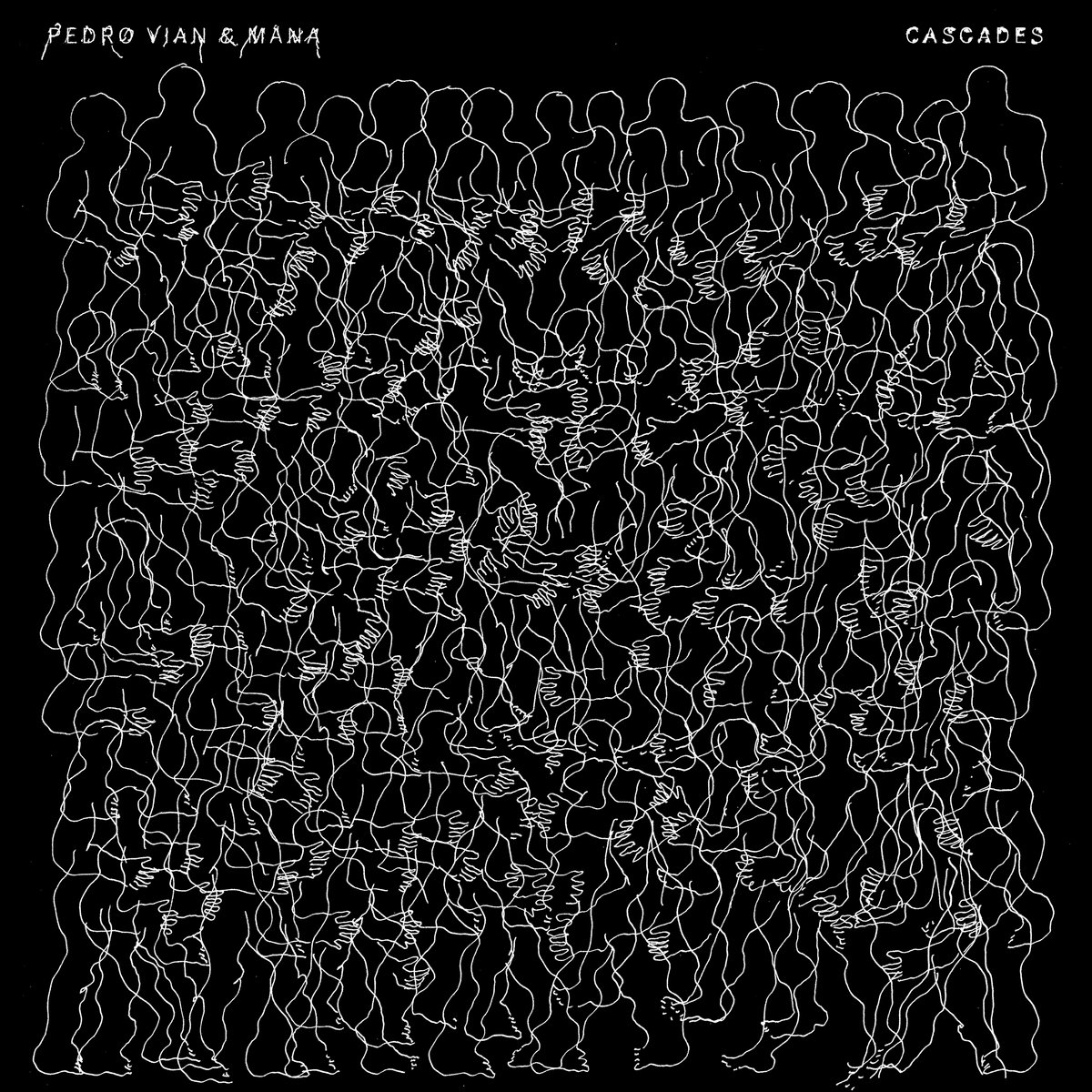about the record
This album by the Peruvian-born / Berlin-based experimental artist Ale Hop was conceived in a context of immobility and provides six sonic vignettes that wonder about location, circularity, rootedness and experience. In collaboration with Ana Quiroga, Concepcion Huerta, Daniela Huerta, Elsa M’balla, Felicity Magan, Fil Uno, Ignacio Briceño, KMRU, Manongo Mujica, Moises Horta, Nicole L’huillier, Raul Jardín, Sukitoa Onamau, Tomas Tello.
Following her explorations on music's inherent fixation to geographic space and time, be it through the longing of home ("Apophenia" 2019) or scientific magnification of invisible worlds ("The Life of Insects" 2020), Berlin-based Peruvian-born experimental composer Ale Hop's fourth album, "Why Is It They Say a City Like Any City?", was conceived in a context of immobility. During the lockdown months, she started a process of remote collaboration, by sending messages, posted from various cities along a South American trip, to thirteen musicians from around the world. She journaled her impressions upon these places to an intimate fictional character while reflecting on matters of time, sound, space, cosmology and colonial memory. The thirteen musicians dialogued with this voice by taking upon the challenge of responding to the messages with sound collaborations.
"Memory, diffuse and divergent, sometimes reaches out to the future in its search for form, taking shape from the reflections and echoes that come back … like throwing a rock in a pond and having a rock thrown back at you."
- 1 - The Mountain That Eats Men (collab. with Raul Jardín & Sukitoa o Namau) 8:24
- 2 - Mayu Islapi (collab. with Ana Quiroga, Fil Uno & Ignacio Briceño) 6:25
- 3 - Latitud 0 (collab. with Daniela Huerta & Manongo Mujica) 4:39
- 4 - They Thought of Themselves (collab. with Felicity Mangan & KMRU) 6:33
- 5 - Chiapas Y Phinaya (collab. with Concepción Huerta & Tomas Tello) 6:51
- 6 - Once Upon a Time (collab. with Elsa M'Balla & Nicole L'Huillier) 5:35
Embed
Copy and paste this code to your site to embed.
€27,00
only 1 left
- 1 - The Mountain That Eats Men (collab. with Raul Jardín & Sukitoa o Namau) 8:24
- 2 - Mayu Islapi (collab. with Ana Quiroga, Fil Uno & Ignacio Briceño) 6:25
- 3 - Latitud 0 (collab. with Daniela Huerta & Manongo Mujica) 4:39
- 4 - They Thought of Themselves (collab. with Felicity Mangan & KMRU) 6:33
- 5 - Chiapas Y Phinaya (collab. with Concepción Huerta & Tomas Tello) 6:51
- 6 - Once Upon a Time (collab. with Elsa M'Balla & Nicole L'Huillier) 5:35
Embed
Copy and paste this code to your site to embed.
about the record
This album by the Peruvian-born / Berlin-based experimental artist Ale Hop was conceived in a context of immobility and provides six sonic vignettes that wonder about location, circularity, rootedness and experience. In collaboration with Ana Quiroga, Concepcion Huerta, Daniela Huerta, Elsa M’balla, Felicity Magan, Fil Uno, Ignacio Briceño, KMRU, Manongo Mujica, Moises Horta, Nicole L’huillier, Raul Jardín, Sukitoa Onamau, Tomas Tello.
Following her explorations on music's inherent fixation to geographic space and time, be it through the longing of home ("Apophenia" 2019) or scientific magnification of invisible worlds ("The Life of Insects" 2020), Berlin-based Peruvian-born experimental composer Ale Hop's fourth album, "Why Is It They Say a City Like Any City?", was conceived in a context of immobility. During the lockdown months, she started a process of remote collaboration, by sending messages, posted from various cities along a South American trip, to thirteen musicians from around the world. She journaled her impressions upon these places to an intimate fictional character while reflecting on matters of time, sound, space, cosmology and colonial memory. The thirteen musicians dialogued with this voice by taking upon the challenge of responding to the messages with sound collaborations.
"Memory, diffuse and divergent, sometimes reaches out to the future in its search for form, taking shape from the reflections and echoes that come back … like throwing a rock in a pond and having a rock thrown back at you."


